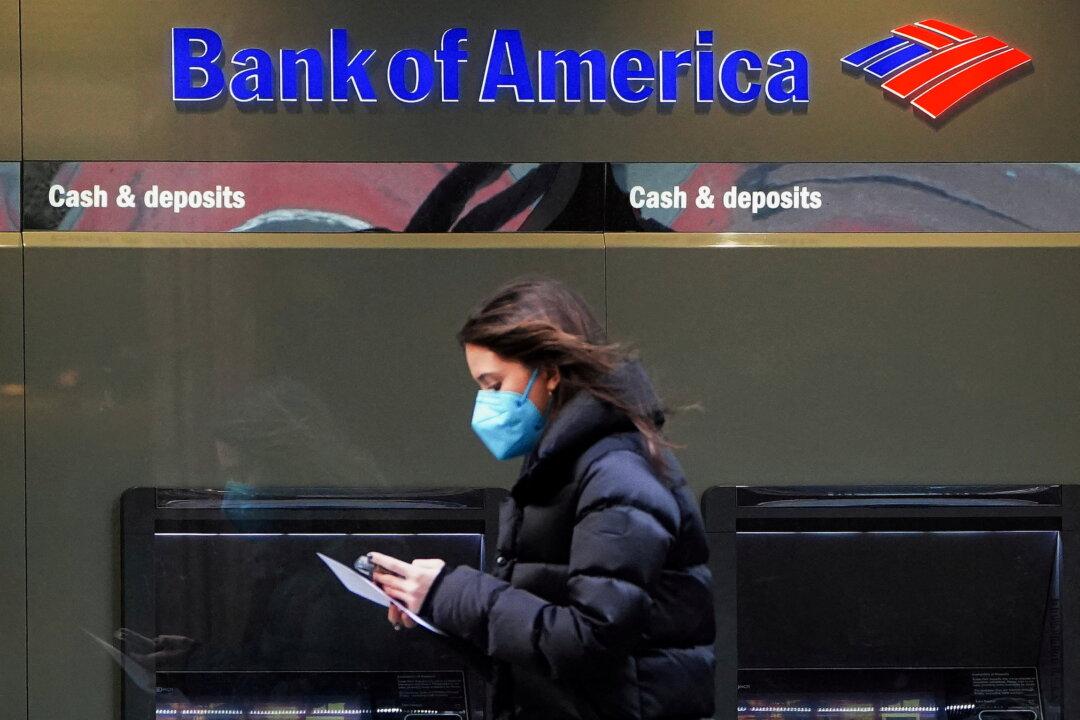NEW YORK—Bank of America Corp. is facing a lawsuit seeking class action status filed on Thursday by two customers who say the bank refused to honor promises to refund overdraft fees to clients who faced financial hardship during the pandemic.
Anthony Ramirez, a truck driver living in California, and Masako Williams, an 85-year-old retiree living in Texas, say they asked the bank to refund them for several hundred dollars worth of overdraft and nonsufficient funds fees (NSF) that they were charged in 2020 and 2021 when they experienced a lack of work for themselves or the family members that support them.





